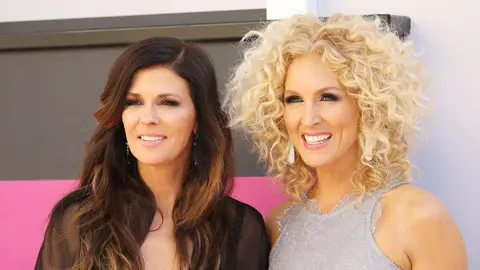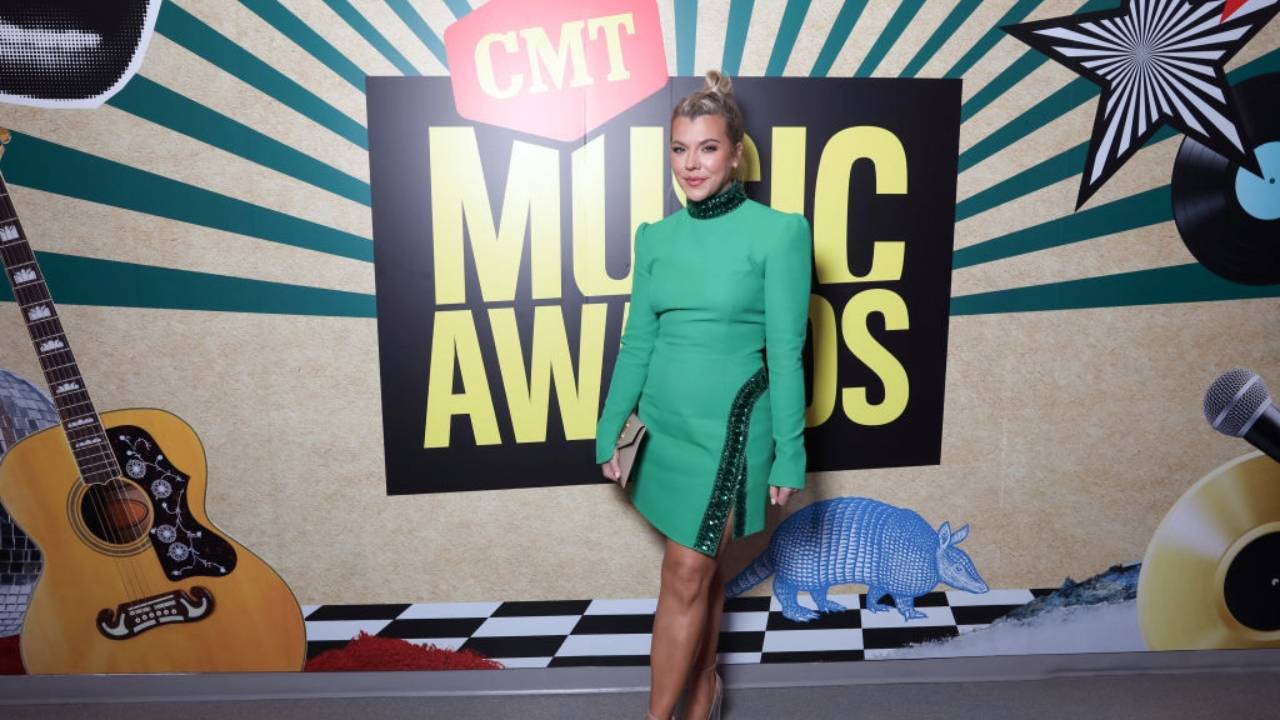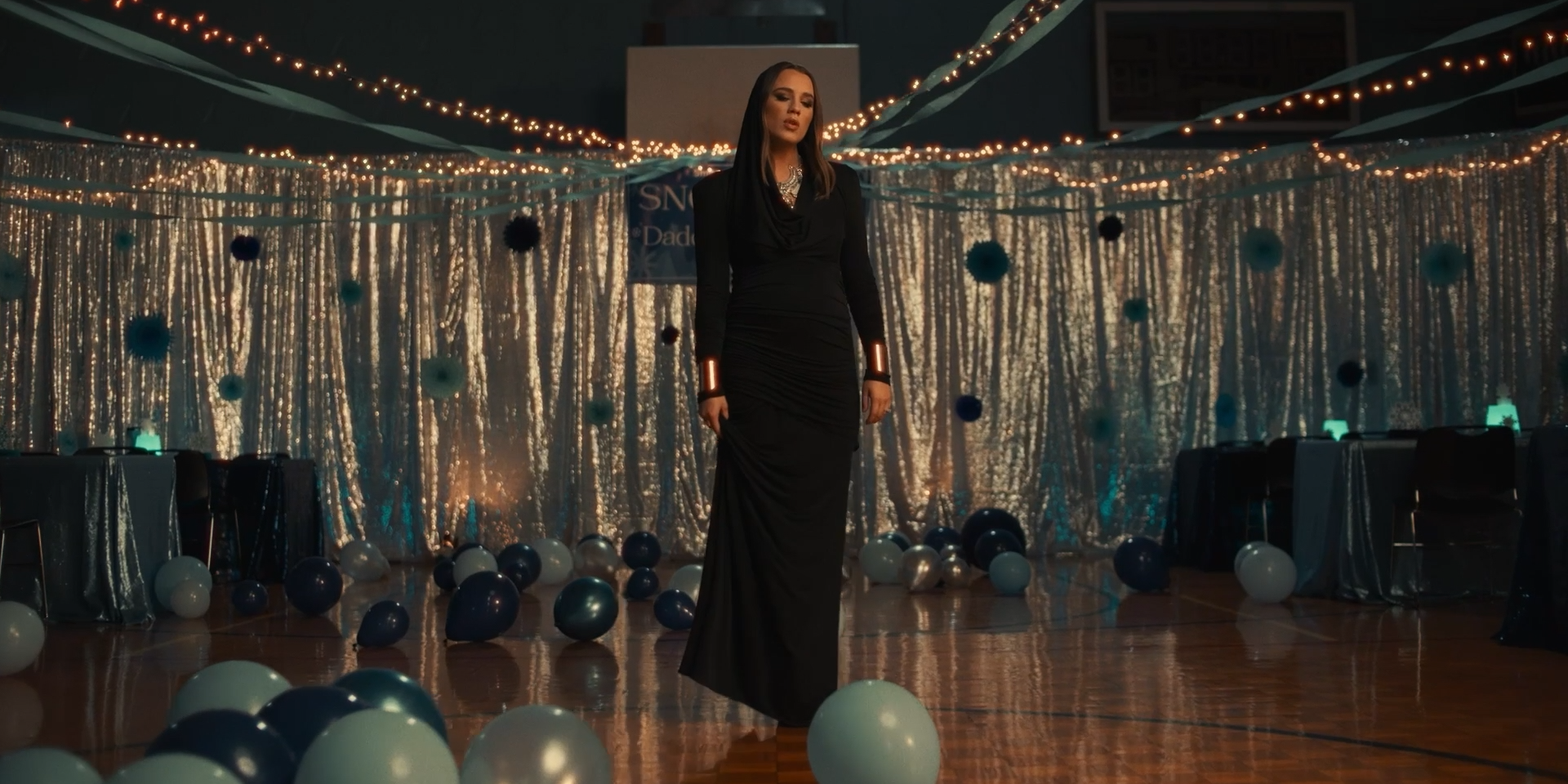Little Big Town’s Kimberly Schlapman and Karen Fairchild Discuss the Music Industry’s "Patriarchal Culture"

Little Big Town members Kimberly Schlapman and Karen Fairchild have earned sales and chart successes through their work on hits such as the 5x Platinum single “Girl Crush,” or the Platinum-certified “Better Man,” alongside their LBT cohorts Jimi Westbrook and Phillip Sweet, but they also know the discrimination and hardships that female artists battle in the music industry.
During a recent appearance on Guest List Radio with Ashley Eicher on Apple Music Country, both women recounted their own experiences of discrimination and being on the receiving end of unfair judgment.
“I remember, especially very early in our career, where we had opinions but sometimes we were scared to express them because this was all brand new to us,” Schlapman said. “When we did speak up we were kind of quieted, you know, ‘You hush and you sing and we'll take care of all the rest’.”
Fairchild added, “I remember one time an engineer told me, we were mixing a record and I said, ‘Yeah, I think the kick drum sound could be different and just not really feeling right in the track,’ and he goes. ‘Hey, why don't you do what you do and I'll do what I do.’ So, they’re just really things like that that are so deep in the culture, the patriarchal culture of us being under their thumb. And it goes, I think, deeper than we know it goes, but it's changing and I don't let those kinds of things happen anymore. There are definitely times where I've wanted to say, ‘Hmm, whose cover's on the record?’.”
And it is not only men who pass judgment, but often, other women. During Women’s History Month, a time meant to celebrate the accomplishments of women and to uplift female voices, both Schlapman and Fairchild called upon women to encourage each other, rather than tear one another down.
“If we as women, just us women, could stop putting each other down or judging each other and throwing out opinions, negative opinions, negative judgment on each other, we could change the world,” Schlapman said. “Karen and I both had children later in life. And we were also both on our second marriages when we had children. And people for me, people kept saying, 'When are you going to have a baby?'
"All through my first marriage, when I was married before, we also tried that whole time to have a baby and weren't able to, and then my husband passed away. And then when I remarried, actually we got pregnant on our honeymoon, but then people kept saying, 'When are you going to have another baby? When are you going to have another baby?'" she continued. "And I remember in meet and greets when Karen and Jimi, after they got married, people would just come up and say, 'Why aren't you having a baby? Why aren't y'all having a baby?' But what people didn't know all that time is that both of us had been dealing with major infertility. And I don't think people mean to be ugly when they say, 'When are you going to get married? When you having a baby? What's wrong with you?' I don't think they necessarily mean to be ill spirited. And I would just ask out there, if people would do me a personal favor and stop doing that, because it's really hurtful.
“Yeah. I mean, a full life is whatever your life you want it to be,” Fairchild said. “It might not include children. It might not include a partner. God, I remember all those questions in meet and greets and things, especially after Jimi and I got married. "Don't y'all know how to have a baby? Don't y'all know how to do that?" not knowing that we'd had miscarriages and you just think, ‘God, could you be any ruder?’ I mean, literally come to the show and listen to music and don't ask me questions like that.”
Given some of their own experiences, they saw the need to call out the lack of support—the lack of champions—surrounding women. They found that message in their song “The Daughters," which Fairchild penned with Sean McConnell and Ashley Ray.
“'The Daughters' is another moment on a record that we thought was so important to just question, where is that champion for the daughters? And we did it by the metaphor of spirituality,” Fairchild said. “But we're not saying that we don't believe there's a God for the daughters. We're saying, where is that, however you want to say it, savior or that champion? Where is that person that will rise up and say enough is enough?
“And so that was birthed out of a very, very, very, very intellectual conversation with Sean McConnell and Ashley Ray. And it just came pouring out. And I couldn't wait to play it for the band just because it meant so much. And really, I've got to say, we heard just as much from men in the audience as we sang that song in very rural towns and we wondered like, "Oh God, is this going to go over not really well?" And then I'd see a granddaddy standing up and raise his hat off like "You're right. You're right."
While songs like “The Daughters” pull listeners into deeper questions surrounding life and faith, Fairchild wants to see more songs of substance in the country genre—in one sense, a return to the way country music used to be.
“Let’s get back to saying something in country music. Country music used to be about saying real stories. So we've watered it down a bit so that it fits people's advertising budgets, and the fans don't understand that. And we need to get back to really saying stuff, because I believe with all my heart that that's when we all win. It's when ‘Humble and Kind,’ it's those moments where something's really being said and it tugs on people's heart strings, that we take it to the next level.”





